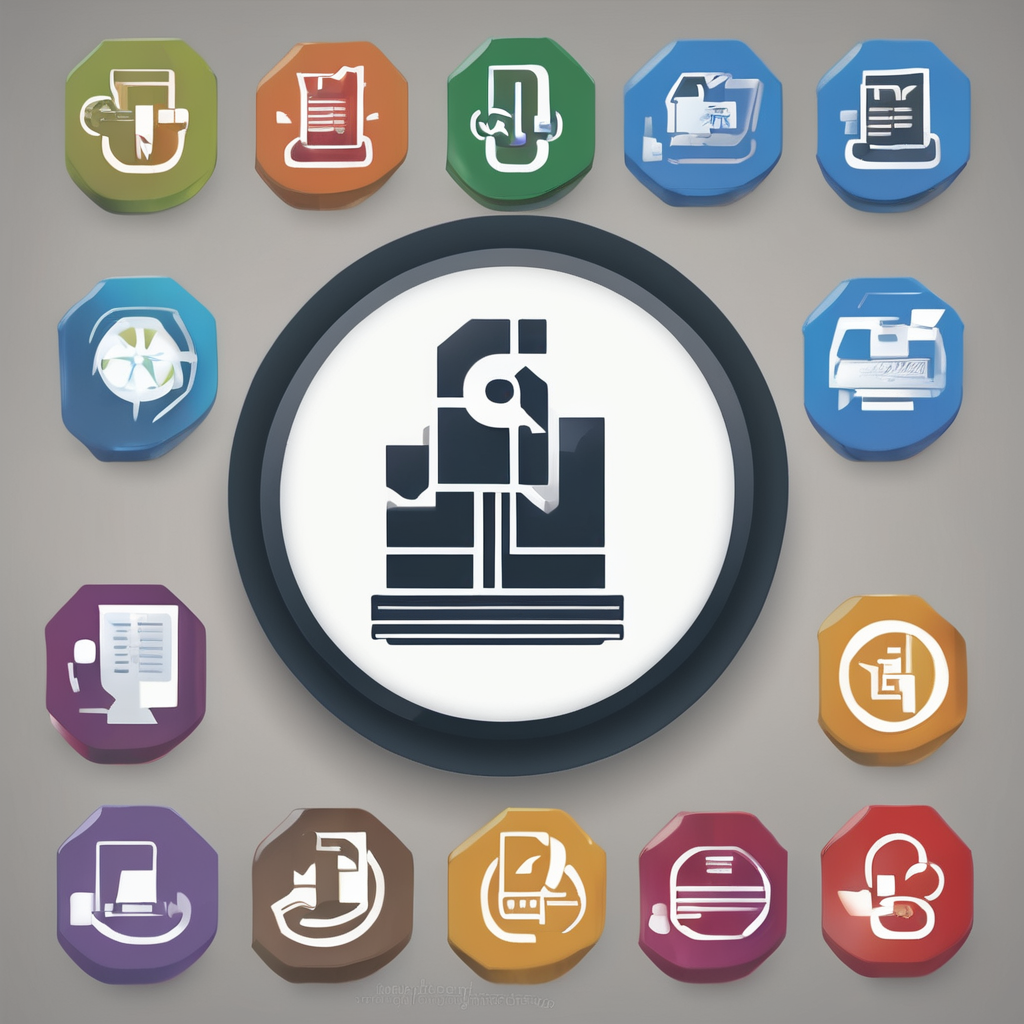Practical Lifestyle Tips for Daily Well-being
Small, manageable changes can significantly boost your UK healthcare well-being. Start by integrating NHS-recommended self-care routines. These often include regular hydration, adequate sleep, and simple skin care, which collectively improve daily life improvement by supporting your body’s natural healing and energy levels.
Mindfulness and stress reduction techniques play a vital role too. Practising mindful breathing or brief meditation sessions daily helps reduce cortisol production, easing tension and promoting daily life improvement. Such methods are endorsed by UK healthcare well-being initiatives for their effectiveness.
Also to read : What are the benefits of integrating AI in UK healthcare practices?
An active lifestyle doesn’t require a gym membership. Simple walks, stretching exercises, or standing while working can align with NHS suggestions. These simple techniques for incorporating movement lead to better circulation and mental clarity, reinforcing both physical and emotional well-being.
By blending these elements—self-care routines, mindfulness, and physical activity—you create a balanced and sustainable approach to health. By following guidance from NHS resources, you ensure your practices align with trusted UK healthcare well-being recommendations, making daily life improvement both achievable and practical.
Also read : What Are the Benefits of Implementing Technology in UK Healthcare?
Nutrition and Healthy Eating Choices
Choosing a balanced diet is central to maintaining optimal health and supporting daily life improvement. The NHS healthy eating guidelines recommend meals rich in fruits, vegetables, whole grains, lean proteins, and healthy fats to ensure adequate nutrient intake. This variety fuels your body and promotes long-term well-being within the framework of UK healthcare well-being.
Affordability often concerns those seeking healthier options. To tackle this, NHS resources provide meal planning advice focused on budget-friendly ingredients that do not compromise nutritional quality. Simple nutrition tips include batch cooking, using seasonal produce, and limiting processed foods, which align with NHS healthy eating principles.
Building a sustainable routine involves consistent, mindful choices rather than drastic diets. By adopting small, gradual changes—such as replacing sugary snacks with nuts or adding a portion of vegetables to every meal—you reinforce positive habits. These simple techniques ease adherence to NHS healthy eating goals and contribute significantly to your daily life improvement.
Therefore, leveraging NHS guidance and practical approaches enables you to make informed nutritional decisions that support overall health without overwhelming lifestyle adjustments.
Easy Ways to Stay Physically Active
Incorporating NHS exercise advice into your routine is key to enhancing daily life improvement through simple, achievable steps. The NHS recommends at least 150 minutes of moderate-intensity activity weekly, such as brisk walking or cycling. These approachable exercises align with UK healthcare well-being priorities by improving cardiovascular health, muscle strength, and mental clarity.
To integrate movement effortlessly, use simple techniques like taking stairs instead of lifts, parking further from destinations, or performing short stretching breaks during work. These habits promote consistent daily movement and fit naturally into busy UK lifestyles.
For those mindful of costs, NHS guidance highlights numerous accessible activities requiring little to no expense. Walking groups, local parks for jogging, or online exercise videos can be excellent resources. These options cater to all ages and fitness levels, supporting your commitment to a more active life without financial strain.
Embracing these practical approaches based on NHS recommendations ensures that staying physically active becomes sustainable, enjoyable, and effective in supporting overall well-being within the framework of UK healthcare well-being.
Mental Wellbeing and Stress Management
Managing stress is vital for daily life improvement and is strongly promoted within the UK healthcare well-being framework. The NHS mental health support resources recommend simple mindfulness techniques such as focused breathing and short meditation sessions. These practices help lower stress hormones and improve emotional balance without requiring extensive time commitments.
What are effective everyday mindfulness techniques? According to NHS advice, starting with just five minutes of mindful breathing can significantly reduce anxiety symptoms. This involves paying attention to your breath and gently bringing your focus back when distracted. Regular practice builds resilience and mental clarity.
In addition to mindfulness, NHS mental health support encourages creating a personal toolkit for emotional resilience. This toolkit might include journaling, guided relaxation exercises, or setting structured daily routines that reduce overwhelming feelings. Understanding and responding to your emotions effectively contributes to sustained well-being.
When should one seek NHS professional support? If stress or anxiety significantly disrupts daily activities or sleep, professional assessment is advised. The NHS provides accessible mental health services tailored to diverse needs, ensuring that help is available when simple techniques are insufficient.
Integrating these NHS-endorsed methods into daily life promotes a balanced mind, enhances UK healthcare well-being, and supports sustained daily life improvement.
Practical Lifestyle Tips for Daily Well-being
Incorporating simple techniques rooted in UK healthcare well-being can lead to meaningful daily life improvement. One essential strategy involves adopting NHS-recommended self-care routines that focus on maintaining hydration, prioritising quality sleep, and following basic skincare. These routines help your body function optimally every day.
Mindfulness and stress reduction techniques are crucial. Brief daily practices, such as mindful breathing or short meditations, actively lower stress hormone levels and build emotional resilience. These NHS-endorsed methods offer manageable actions that fit into busy schedules, enhancing mental clarity and calming the mind effectively.
Building an active lifestyle doesn’t mean intense workouts; instead, incorporate movement naturally throughout your day. Simple actions like standing while working, taking short walking breaks, or stretching regularly align with NHS advice and promote circulation and energy. These simple techniques foster an accessible routine for consistent physical activity, supporting overall well-being within the UK healthcare framework.
Together, these approaches offer practical means to improve health daily, reinforcing that well-being is achievable with realistic, sustainable habits inspired by NHS guidance.
